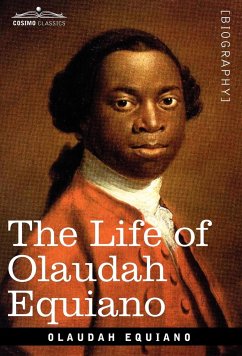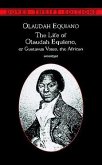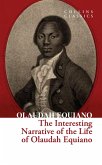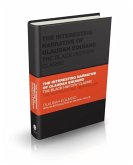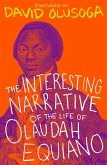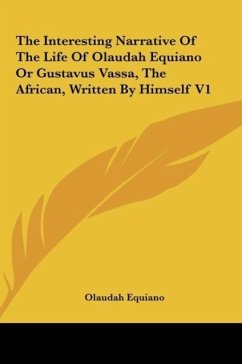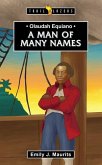Published in 1789, Equiano's autobiography was the first of its kind to influence a wide audience. He told the story of his life and suffering as a slave. He describes scenes of outrageous torture and made it clear to his readers how the institution of slavery dehumanized both owner and slave. Equiano's work became an important part of the abolitionist cause, because he was able to portray Africans with a humanity that many slave traders tried to deny. Anyone with an interest in the slave trade or the abolitionist movement will find this book essential reading. Nigerian slave and abolitionist OLAUDAH EQUIANO (1745-1797) was sold to white slavers when he was eleven and renamed Gustavas Vassa. He worked on a naval ship and fought during the Seven Years' War, which he felt earned him a right to freedom. Eventually, he was able to purchase his freedom and move to England, where he was safe from being captured back into slavery. There, he was an outspoken advocate of the abolitionist movement.
Bitte wählen Sie Ihr Anliegen aus.
Rechnungen
Retourenschein anfordern
Bestellstatus
Storno

